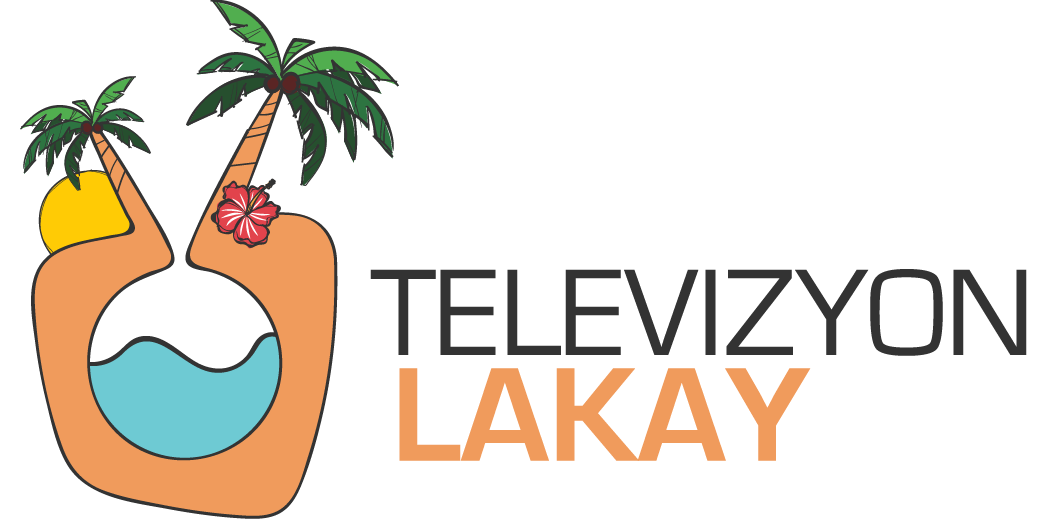Foreign Ministers of Guyana, Venezuela to meet in Brazil tomorrow
 technical teams from Guyana and Venezuela, ahead of a second meeting between Guyana’s President Dr. Irfaan Ali and Venezuela’s Nicolás Maduro.
technical teams from Guyana and Venezuela, ahead of a second meeting between Guyana’s President Dr. Irfaan Ali and Venezuela’s Nicolás Maduro.
A Joint Commission is being set up to further advance the Argyle Declaration – a peace agreement between the two states – and its purposes.
The Joint Commission, as agreed to previously, comprises Foreign Ministers and technical persons from both states.
President Ali earlier in January told the News Room that the technical teams must meet to hammer out the framework for his next meeting with President Maduro.
Presidents Ali and Maduro met in December in St. Vincent and the Grenadines. Following their meeting, there was an 11-point declaration which included a commitment from both sides to “refrain, whether by words or deeds, from escalating any conflict.”
According to a press release from the Ministry of Foreign Affairs and International Cooperation, Guyana remains fully committed to the principles of the Argyle Declaration in particular the maintenance of peace in Latin America and the Caribbean.
Guyana’s delegation will be led by Todd and will include Robert Persaud, Foreign Secretary; Ambassador Elisabeth Harper, Permanent Secretary; Richard Van West Charles, Ambassador of Guyana to Venezuela; Donnette Streete, Director of the Frontiers Department and Vernon Robinson, Chargé d’Affaires, a.i. of the Guyana Embassy in Brazil.
Why the meetings?
Venezuela held a December 3 referendum that many feared would be used to greenlight a potential seizure of two-thirds of Guyana’s territory- the entire Essequibo region- that the Spanish-speaking nation has claimed for decades.
Subsequently, President Maduro issued a redrawn Venezuelan map that includes Guyana’s territory, told investors to leave and planned activities in the Essequibo region.
Guyana has maintained that the territory is its own after an 1899 Arbitral Award determined the boundary between the two countries as is internationally-recognised. Because of Venezuelan aggressions and decades of failed talks, Guyana eventually took the border controversy to the International Court of Justice (ICJ) where the case is ongoing. Guyana hopes for a final, binding judgement that affirms that the Essequibo is its own.
So a meeting was brokered amid rising tensions fuelled by Venezuela’s attempts to undermine Guyana’s sovereignty.



